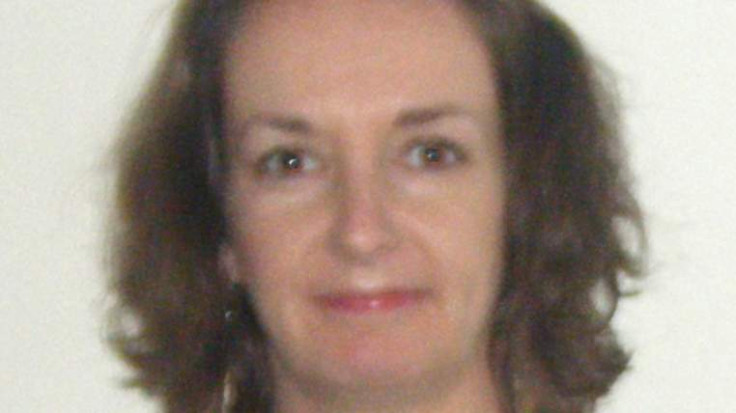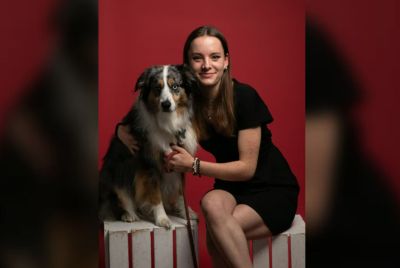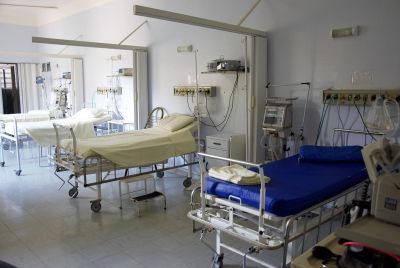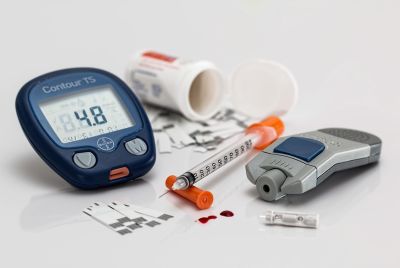UK Ebola nurse in 48-hour fight for survival
Royal Free Hospital says Pauline Cafferkey's condition has deteriorated

The condition of British nurse Pauline Cafferkey, who is being treated for Ebola, has "gradually deteriorated" over the past few days.
The Royal Free Hospital in north London said the next 48 hours will be critical in determining whether or not the 39-year-old from Glasgow will survive.
The hospital said in a brief statement: "The Royal Free London NHS Foundation Trust is sorry to announce that the condition of Pauline Cafferkey has gradually deteriorated over the past two days and is now critical."
Cafferkey contracted the Ebola virus in Sierra Leone, where she had been working as a volunteer for Save the Children in Freetown. She was diagnosed after returning to her home in Glasgow and was transported to London for expert treatment in December.
Cafferkey has been treated using the blood of Ebola survivors and an experimental anti-viral drug.
However, Dr Michael Jacobs, who has been involved in Cafferkey's treatment, revealed that the Royal Free Hospital has been unable to obtain ZMapp to treat Cafferkey because global stocks have run out.
ZMapp is another trial drug that was used to treat British volunteer nurse William Pooley, who subsequently recovered from Ebola.
The hospital said there is no evidence to suggest that ZMapp was crucial to Pooley's survival.
"Although it's been used in a handful of patients, we simply don't know if ZMapp works and is of benefit to patients," Dr Jacobs said.
Mapp Biopharmaceutical, the company that manufactures ZMapp, said in August that its supplies of the drug have been exhausted.
Cafferkey was screened for Ebola at Heathrow airport but was allowed to fly home to Scotland after her temperature was taken seven times and registered normal each time.
Martin Deahl, a doctor who flew back with Cafferkey, criticised the checks at Heathrow, claiming that testing kits had run out and medical staff did not appear to know what they were doing.
"The precautions and checks at the airport were shambolic," he said. "There seemed to be too few staff and too few rooms or places to put us in."
© Copyright IBTimes 2025. All rights reserved.





















